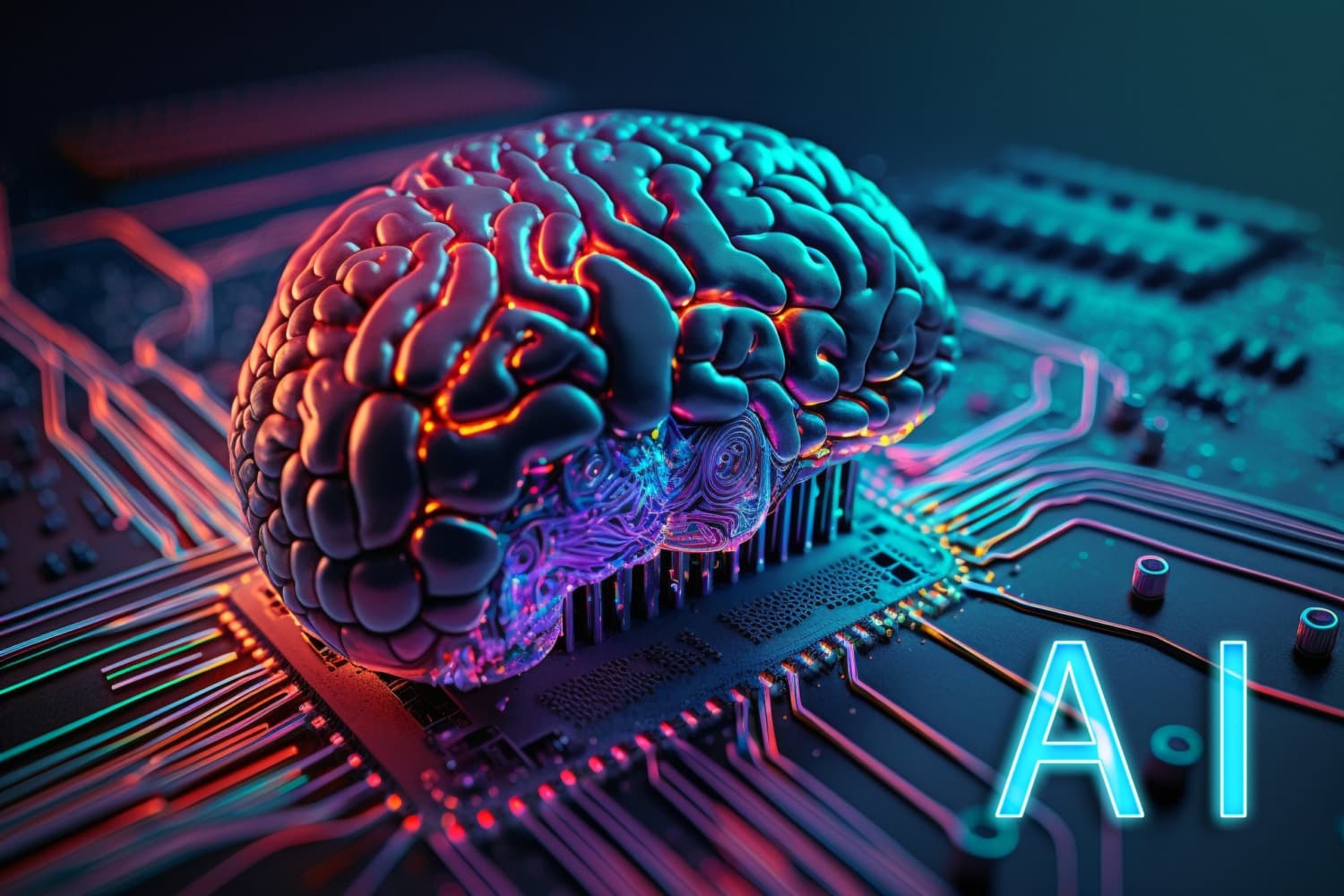
ABA Issues Guidance: Lawyers Using Artificial Intelligence Must Follow Ethics Rules
Lawyers using AI must ‘fully consider’ their ethical obligations to protect clients
Lawyers must guard against ethical lapses if they use generative artificial intelligence in their work, the American Bar Association said.
In its first formal ethics opinion on generative AI, an ABA committee said lawyers using the technology must "fully consider" their ethical obligations to protect clients, including duties related to lawyer competence, confidentiality of client data, communication and fees.
Lawyers and law firms are increasingly using AI tools for legal research, document drafting and analysis, and other tasks in litigation, transactional and other work. New legal technology startups have been attracting large investments as the field develops.
Monday's opinion from the ABA's ethics and professional responsibility committee said AI tools can help lawyers increase efficiency but can also carry risks such as generating inaccurate output.
Lawyers also must try to prevent inadvertent disclosure or access to client information, and should consider whether they need to tell a client about their use of generative AI technologies, it said.
The ABA is the largest voluntary US attorney membership organisation. Its opinions can help lawyers and courts interpret ABA model rules, which are not binding but serve as a guide for enforceable conduct rules set by individual states.
The opinion noted that use of AI has led to lawyers citing nonexistent cases or inaccurate analysis. "Even an unintentional misstatement to a court can involve a misrepresentation" under professional conduct rules, the opinion said, warning that lawyers should review all outputs for accuracy.
A federal judge in Virginia last week asked lawyers to explain why they should not be sanctioned for submitting a filing that appeared to include "fictitious cases," as well as "made-up quotations" from real opinions. Judges in other cases have considered or imposed sanctions in similar situations.
Some but not all courts and judges in the United States now require lawyers to disclose their use of AI. The 5th US Circuit Court of Appeals last month said it would not adopt a proposed rule regulating generative AI use by lawyers.
The guidance comes after several state bar associations have adopted their own guidelines for how lawyers can use AI without running afoul of ethics rules.
Generative AI tools are a "rapidly moving target," the opinion said, adding that state and local bar associations and the ABA will likely update their guidance over time.
For any enquiries or information, contact ask@tlr.ae or call us on +971 52 644 3004. Follow The Law Reporters on WhatsApp Channels.